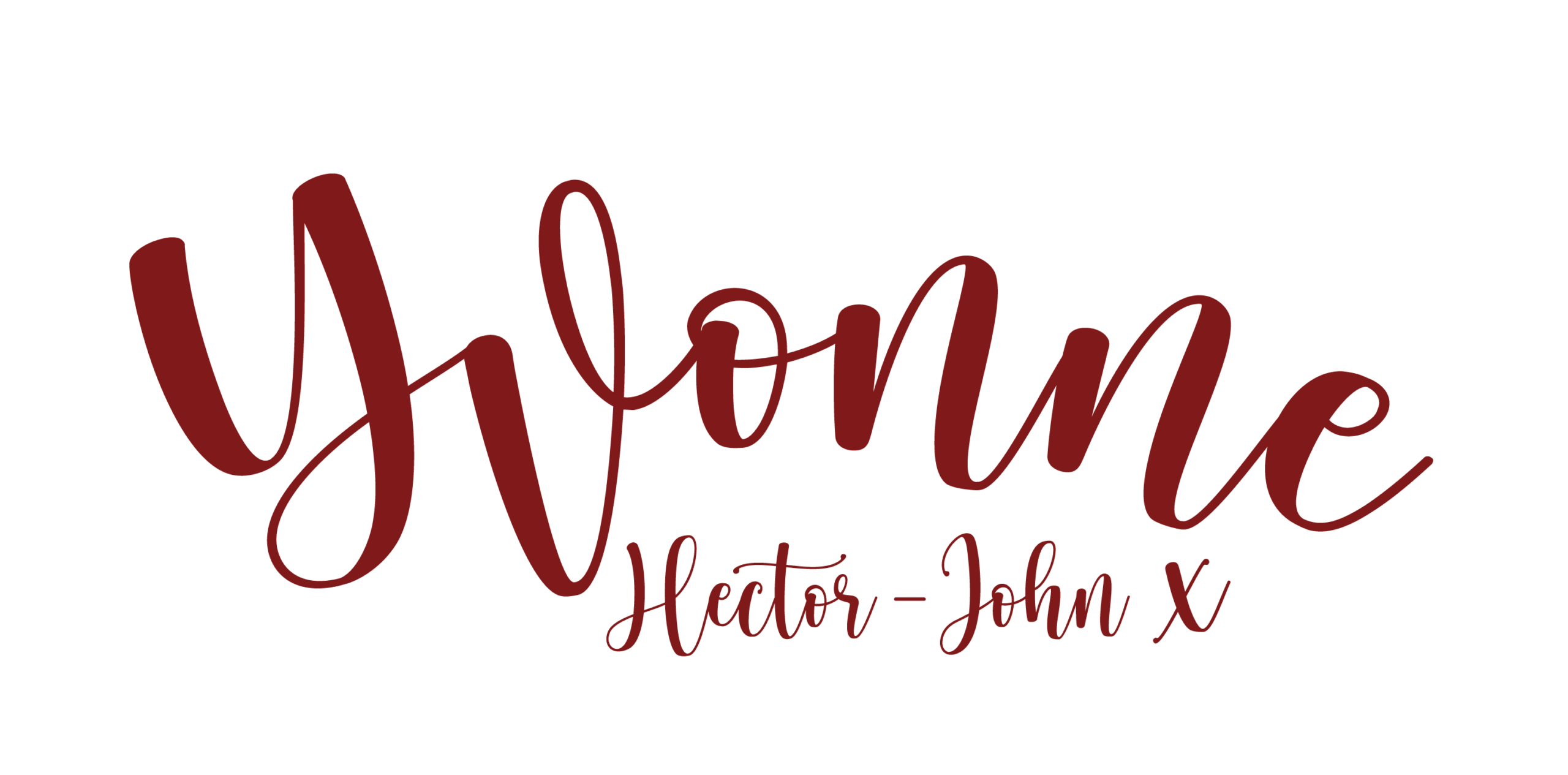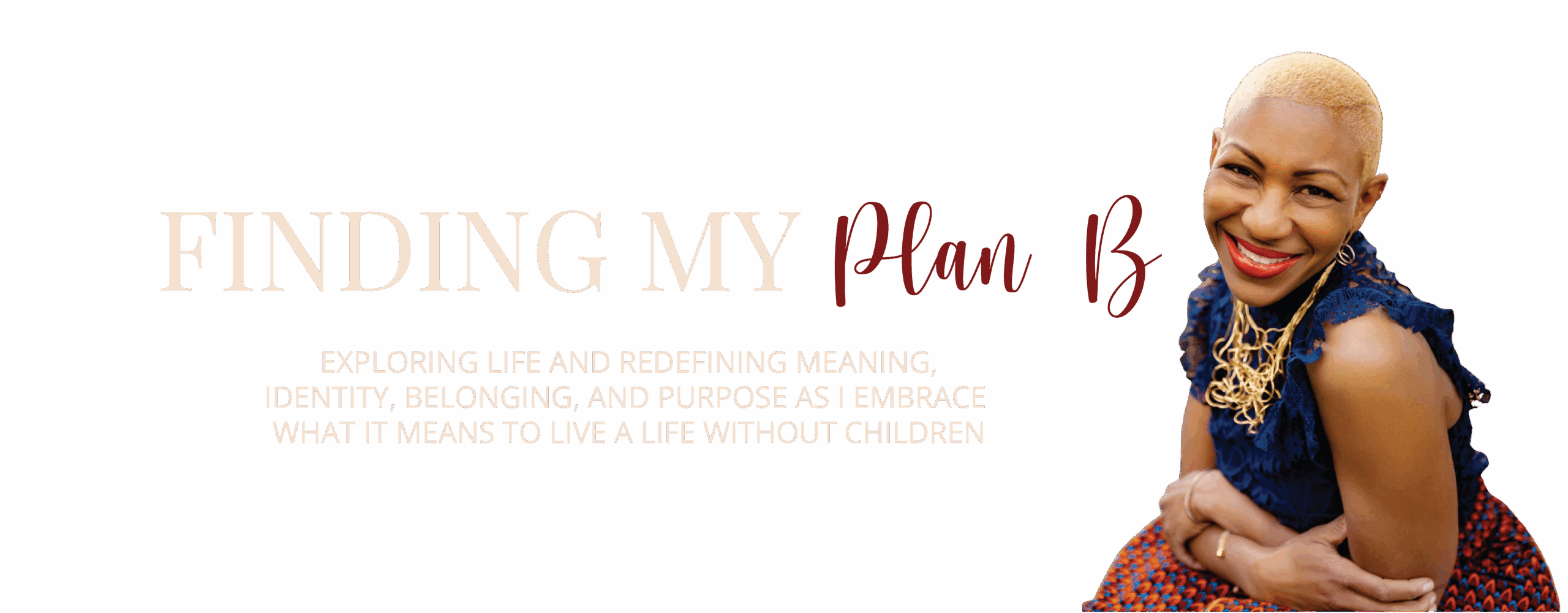World Menopause Day is a moment to lift silence, shift narratives, and affirm that menopause is not just a physical transition, but also a site of deep emotional, social, and identity-shaping change.
For many women, especially those who were unable to have the children they longed for, menopause can feel like the end of a story that was never fully told. It can evoke grief, and the feeling of being betrayed by our bodies. This year, I want to centre women without children (by choice or by circumstance), not as an afterthought, but as women whose experiences with menopause deserve deeper reflection, compassion, and visibility.

The often invisible intersection: menopause + childlessness
Menopause as a final threshold
For women who wished to become mothers but couldn’t, menopause often lands with a particular weight. While for some menopause feels like freedom; the end of cycles, the relief from PMS, or the pressures that once surrounded fertility, for others it can be a painful reminder of the unfulfilled dream of becoming a mum. The body is no longer just aging it’s declaring the close of that dream forever.
Grief that doesn’t have a name
Many of us carry grief that is underacknowledged: the grief of not bearing children, or of fertility journeys cut short, of failed treatments, of wombs that grew quiet. When menopause arrives, it can awaken that grief again. But because society generally frames menopause around “symptoms” (hot flushes, mood, bone health) and not life meaning, that emotional layer often remains invisible.
Silences in medical spaces
Medical discourse often frames menopause in isolation from fertility loss or childbearing histories. Yet biology and fertility are deeply intertwined. Conditions like premature ovarian insufficiency (POI) directly affect fertility, and often women with POI or early menopause are women whose motherhood hopes were disrupted.
Cultural stories of womanhood
In many cultures, womanhood is tied to motherhood. The arrival of menopause can thus trigger identity dissonance: if I was never a mother, who am I now – in aging, in body, in legacy? Even in communities that affirm childless women, menopause can feel like the closing of doors that were already shut.
Why World Menopause Day matters especially now
It offers visibility to neglected narratives
Menopause campaigns often focus on middle-aged women with children, symptoms, and health risks. But there is space (and need) to spotlight women whose menopause is bound up with unspoken loss, open wounds, and redefined identity.
It invites holistic dialogue
This day nudges us to see menopause not only as a hormonal event but as a life passage, one that asks us to name what we’ve carried, what we’ve lost, and what we still want.
It prompts health equity
Menopause isn’t just symptomatic it has health consequences: bone density, cardiovascular health, hormonal changes. For women who didn’t have children, those risks remain.
It can be a moment of reclamation
Rather than a “closure,” menopause can be a threshold into new freedom, reclamation of body, reclaiming time, care, and purpose.
A draft opening
“A door that never fully opened, finally closes.”
I never conceived. I tried. I hoped. But that chapter remained unwritten.
When menopause came, my body gave its final verdict: this fertile soil, without seeds. And in that silence, a profound grief stirred.
On World Menopause Day, I want to hold that grief, name it, and stand in solidarity with you whose wombs rested empty, you whose children live only in dreams, you whose hope was deferred.
Your body, your menopause, your story matters.

Closing invitation
Let’s use this World Menopause Day to expand our conversation to make room for the women whose menopause is shadowed by the silence of motherhood that never came. May we hold grief and possibility together; may we reclaim body, voice, and legacy; may we weave new meaning from what our bodies have lived through.





Recent Comments